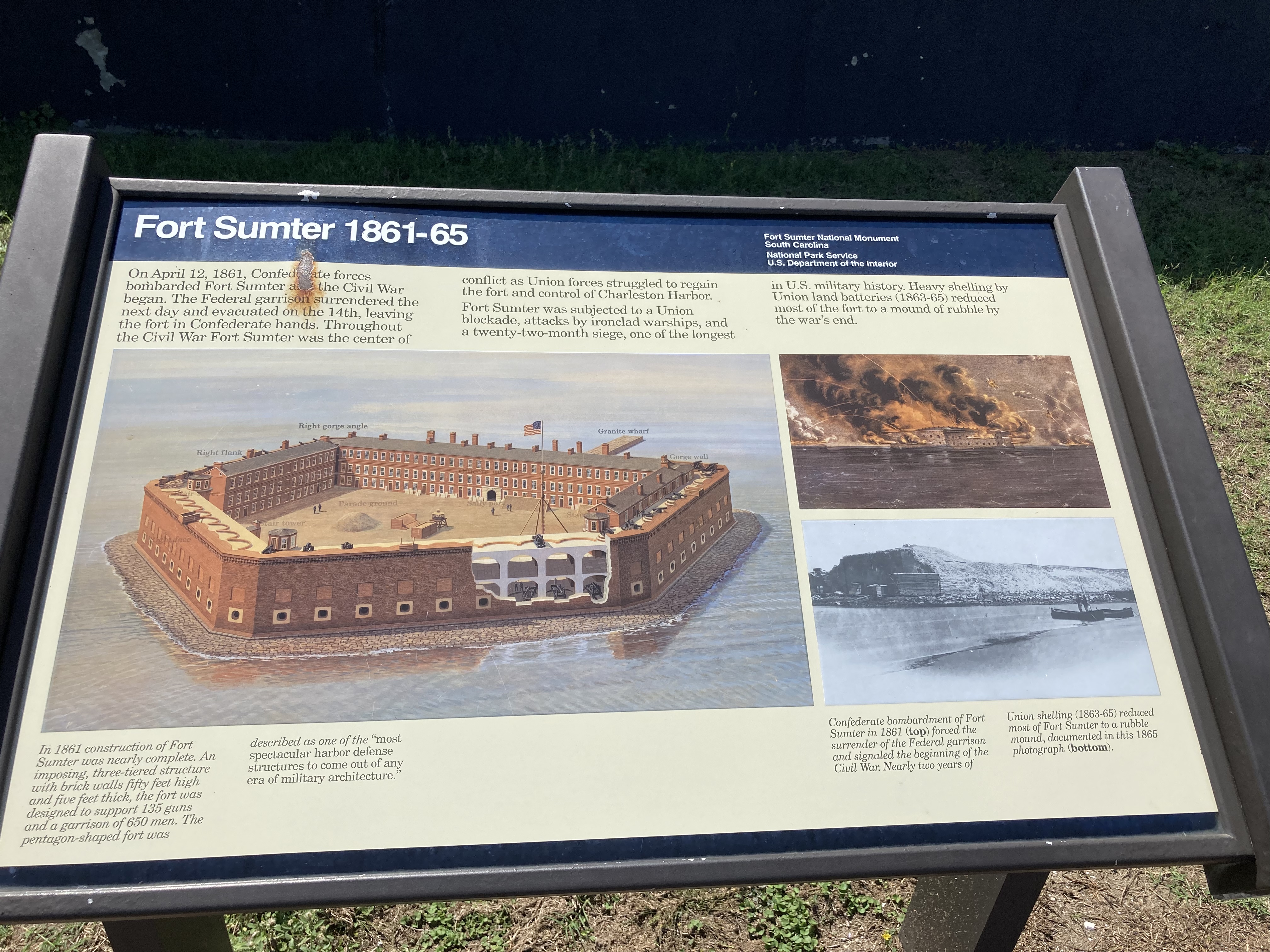The famous Army of Northern Virginia has garnered a plethora of scholarship over the years. Under the leadership of Robert E. Lee, the South’s premier military force kept hope alive for Confederate independence, even when the war was going badly in other parts of the country. Unfortunately for the Confederacy, its second principal army was the primary reason the South failed to win the war. The Army of Tennessee waged war all across the heartland of the deep South and although their soldiers fought as bravely and were just as determined as their counterparts in Virginia, various factors led to numerous losses and retreats over the years. Here are some of my favorite books that cover the history of the Confederacy’s lesser known fighting force.
Stanley Horn gave us the first (published in 1941) comprehensive view of the army with his aptly titled The Army of Tennessee. Nashville native Horn provided a solid, “top-down” account of the army’s campaigns. New information has been uncovered in the eighty years since it was written, but it did provide a solid narrative of the campaigns and battles and expert analysis of the army’s leadership, which was the primary reason for so many failures. Horn deserves credit for putting the spotlight on the other Confederate force and his book remains a great place for historians and buffs alike to begin a study of the Army of Tennessee.
Thomas Connelly followed Horn with his masterful two volume narrative Army of the Heartland (1861-1862) and Army of Glory (1862-1865.) Written in the late 60s and early 70s, they remain the definitive study of the Army of Tennessee. Connelly built upon Horn’s work with more research, specifically targeting previously unused manuscript collections. He continued to emphasize leadership failures such as poor decision making and constant bickering and feuds while praising the common soldiers in the command who managed to maintained their own sense of morale and fighting élan even after loss after loss. Readers follow the army from its formation all the way until the last veterans surrendered in North Carolina. Epic narratives of Shiloh, Perryville, Stones River, Chickamauga, Atlanta and Nashville fly off the page. Connelly’s volumes have a special place in my heart as I felt it equaled what Douglas S. Freeman did for the Army of Northern Virginia in Lee’s Lieutenants. I was always struck by the powerful book cover images showcasing soldiers marching slightly uphill in volume one and then downhill in volume two. Superbly written, the books get my highest recommendation.

Finally, another favorite of mine is Steven Woodworth’s Jefferson Davis and His Generals. The book’s subtitle says it all, The Failure of Confederate Command in the West. Rather than a strict narrative of all the battles and campaigns, Woodworth focuses on Jefferson Davis and his relationships with his western generals. His analysis of leadership, relationships and strategy are top notch as the failings of Jefferson Davis rise to the forefront. His clear, succinct writing makes Woodworth one of my favorite historians/writers.
What did I leave out? Don’t hesitate to let me know.
CPW












